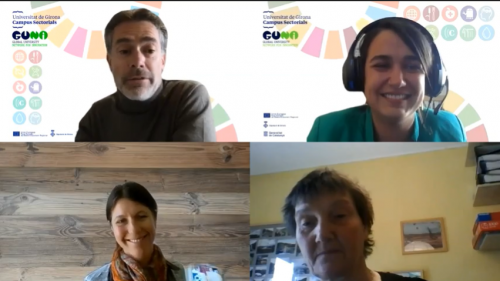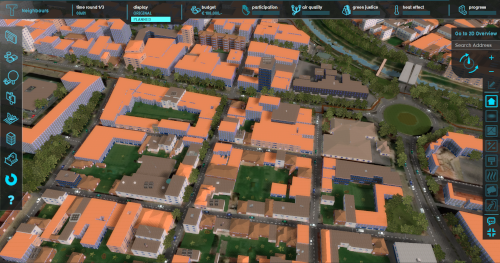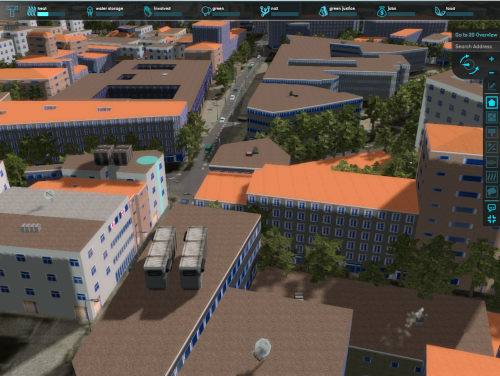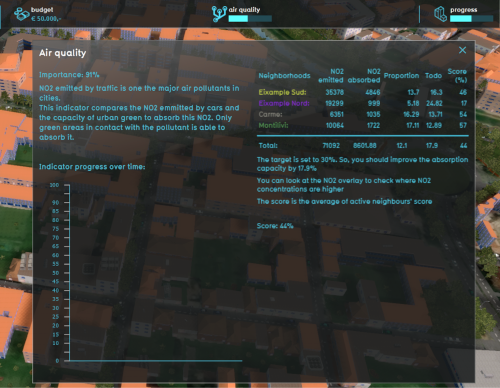Flashback of “ECS Projects for Carthage, EdiCitNet Carthage”, a dream of an edible Carthage city.
The event: “ECS projects for Carthage, EdiCit Carthage”, which took place on March 19, 2020 in Tunis, was organized by REACT in collaboration with the Municipality of Carthage. This is the interview stage of the selection process of candidates in response to the “Edicit Carthage” call. This call aims at identifying innovative and sustainable ECS projects to be implemented in Carthage. This event was dedicated to interviews of the invited five candidates. Each ECS holder presented his project, which was discussed with the members of the evaluation committee made up of members of the Municipality of Carthage, REACT, and expert. This discussion provided an opportunity to exchange deeply with the candidates. The assessment was made based on criteria such as the feasibility and sustainability of the project, the commitment and the know-how of the candidate. The interviews conduction by the committee was perceived as specific coaching for ECS holders who demonstrated enthusiasm and motivation for making Carthage edible city e.g.; Improving the quality of life was the motivation and the goal:”It is a project which aims to improve our lives, a healthy and clean life for all the citizens of Carthage” Karim Ben Yaala, Amiris Carthage project.
Also, this call was for other an opportunity to revive the past: “Regarding this project, it is in my native neighborhood, that has become a black point between Carthage and Kram, we hope with this project to replicate the lived past to create our future, to renew the ties of neighborhoods which were very solid “Jaafer Abdellaoui, An edible garden for all in Carthage Yasmina project.
The interview session was followed by the selection session, during which committee members discussed the projects and their adequacy with the criteria and objectives of the “EdiCit Carthage” call. The selected projects will be considered as pilot projects at the municipality of Carthage and it is expected that their establishment in the city will boost the change to an edible city. We thank a lot all candidates for this call and salute their engagement and initiatives to make the city of Carthage an edible city.
“I really wanted to thank REACT and the Municipality of Carthage who gave us the opportunity to present our projects, and especially the initiative they took to make Carthage a greener city, it’s really refreshing” Moez Farhat, Kartagrow Project. The movement of the transition of Carthage to an edible city seems well underway!!






